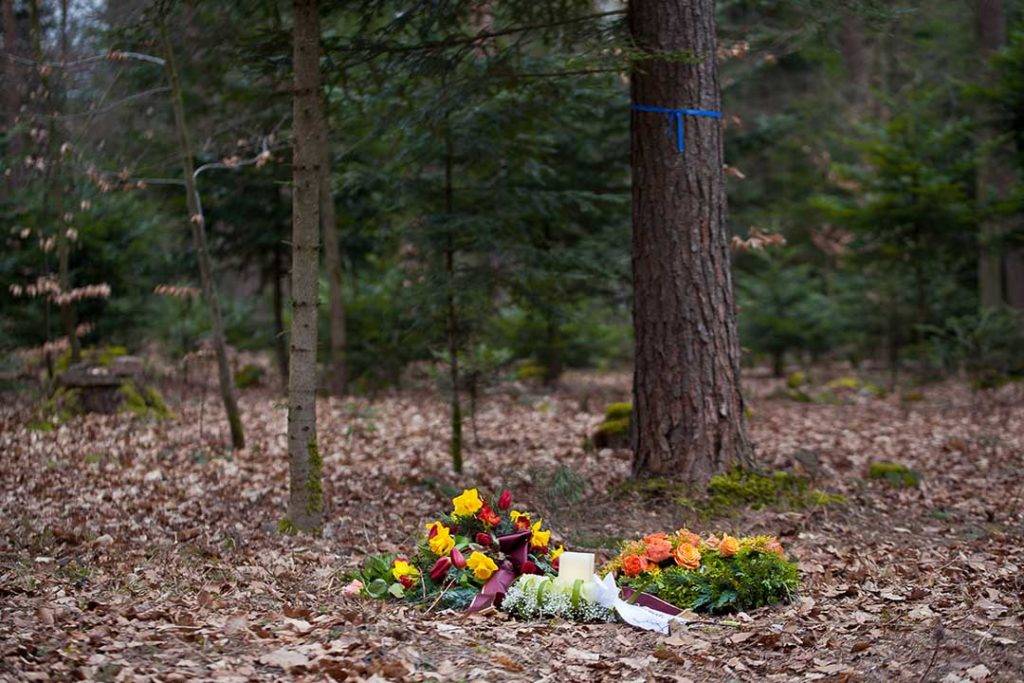The passing of a loved one is a difficult time for everybody. So, when you add funeral repatriation to the list of daunting prospects for planning a ceremony, it can be overwhelming. It’s important you have a trusted and knowledgeable funeral director who can help you bring your loved one home safely.
Unfortunately, when a death occurs overseas it can be a complicated process. However, if you have a reliable funeral director, they will take care of all the logistics and paperwork for you. As a result, you can focus on the more important things. Spending time with your family and mourning your loss.
What is Repatriation?
By definition, repatriation of the body is the process of transporting the deceased from one country to another to be laid to rest. This will usually return them to their country of origin or citizenship.
It sounds simple enough, but there are a few things you need to consider when preparing for funeral repatriation. First and foremost, your funeral director should be an international funeral director and have contacts in relevant countries. This means that they can assign someone to take care of the body. Not only this, but there will also be complex paperwork and processes to navigate, possibly in languages that you’re unfamiliar with. Therefore, it’s important that you can rely on your director’s knowledge to oversee the process safely.
Funeral Repatriation Requirements
There are a couple of requirements for repatriation that need to be considered and dealt with fast. Your funeral director should be able to cover all of this, but it’s important that you’re aware of each step in the process. This will give you the peace of mind that your loved one is being cared for appropriately.
Embalming
Embalming is often a legal requirement before funeral repatriation. Its good practise to embalm a body if it’s to be transported overseas. This slows down natural processes so that they can arrive home with dignity. Your funeral director should have this part covered as soon as possible to preserve your loved one as they were.

Death Registration
Another key part of the repatriation process is registering the death of your loved one in the country they passed in. This can usually be done via an embassy. It’s very important this document is thoroughly and officially completed, as it will be key in ensuring a prompt funeral and ceremony when they return home. The death certificate will need to have a certified English translation.

What To Do When The Deceased Are Repatriated
Once your loved one has been returned home, the funeral repatriation process is almost over. The last thing you will be required to do is take the death certificate you were given in the country of passing to the register office.
Assuming the certificate is valid and translated appropriately, it will be turned into to a certificate of no liability. This needs to be handed to your funeral director. They can begin the funeral plans of your choosing within 96 hours of receipt of this document.
Contact Morgan Vowles Funeral Directors For Funeral Repatriation
When a loved one has passed overseas, get in touch with Morgan Vowles Funeral directors for a comprehensive and empathetic funeral repatriation service. We have a wide range of contacts overseas and expert knowledge to ensure your loved one is returned to you efficiently and with care.

